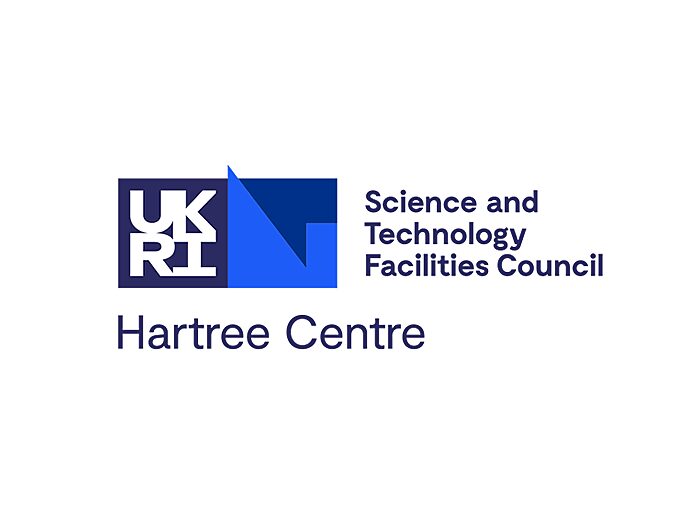Lucideon has announced that it is working with the Science and Technology Facilities Council (STFC) Hartree Centre to explore the accelerated discovery and development of novel ceramics through computer modelling
The project, part-funded by STFC's Bridging for Innovators (B4I) programme with in-kind funding by Lucideon, will assess the potential to significantly accelerate the product development cycle of novel ceramics by reducing the time and the amount of experimental work involved.

Building on advanced computer modelling and data analysis techniques, Lucideon will combine its many years of developing ceramic systems with the STFC Hartree Centre's expertise in data science, computational materials science and atomistic modelling.
Stuart MacLachlan, Head of R&D at Lucideon said:
"Companies are looking for components to work in increasingly harsh environments, but the development of new materials and associated processes to meet these demands is complex and often takes many years. This initiative will assess ways of accelerating the process and should form the basis of offering a design service for ceramic materials discovery."
Dr Richard White, Principal Materials Consultant at Lucideon and leader of the project, said:
"Experiments are essential to discovering new materials but they require a balance between numerous opposing constraints that evolve over multiple time and length scales. This can be like searching for a four-leaf clover in a meadow. We are using computational tools to help us search the meadow and then using the experimental capabilities at Lucideon to confirm that we have found one."
Dr. Viktor Zolyomi, Computational Scientist at the STFC Hartree Centre said:
"The ceramic discovery challenge posed by Lucideon is tailor-made for a computational approach that can leverage the Hartree Centre's high performance computing architectures along with our expertise in atomistic modelling and data science techniques. At the same time, the sheer complexity of the challenge means that the high performance modelling will truly benefit from experimental input from Lucideon in order to perform any necessary course corrections as we navigate the treacherous seas of computational materials discovery."
The collaboration between Lucideon and Hartree Centre will help to find unique materials that may not exist today and support their scale up for a range of urgent applications across multiple industries.
